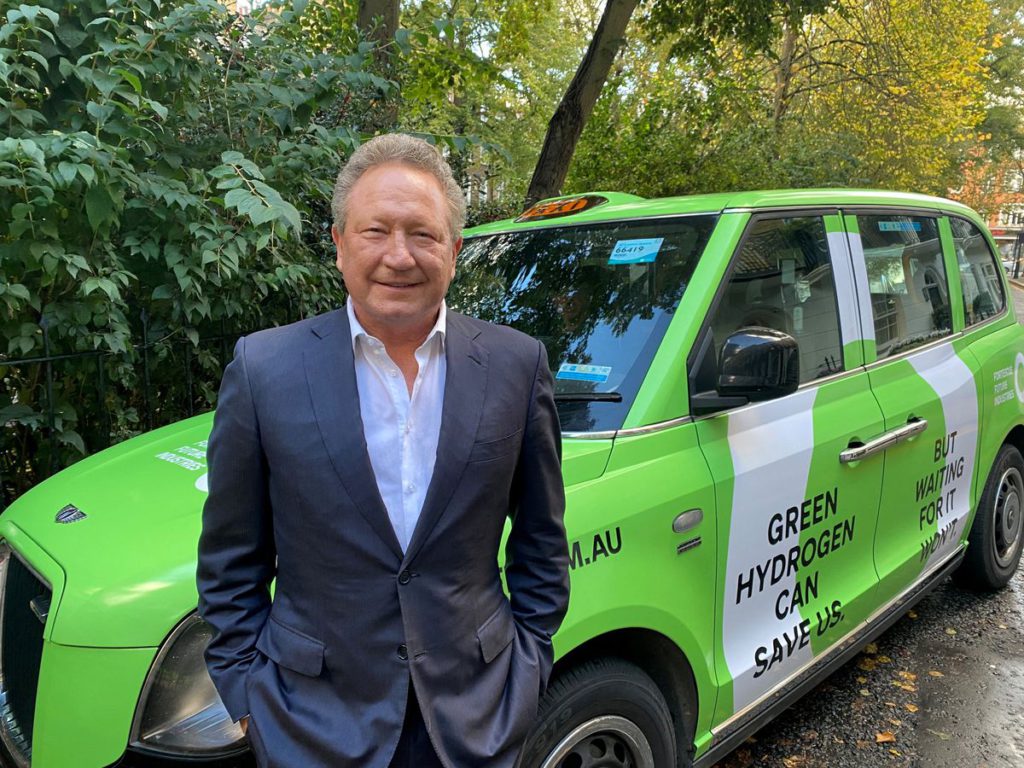Carbon capture tech a ‘complete falsehood’, says Fortescue chairman

Carbon capture is not a solution for the energy transition and political leaders need to provide real, non-greenwashed, commitments to encourage investment, Andrew Forrest, executive chairman of Fortescue Metals, said on Tuesday.
Speaking at the 50th anniversary meeting of the International Energy Agency, Australian billionaire Forrest said the investment community needs a level-playing field and honest answers from political leaders on phasing out fossil fuels in order to invest.
“There’s a simple question from business leaders…when do we stop burning fossil fuels?” Forrest said at the Paris conference.
“If you want to drive capital…we must have clear and obvious disincentives for what is doing harm and clear incentives for what is doing good.”
Countries including the US have rolled out public subsidies for carbon capture and storage (CCS) projects as part of their incentives to push the green energy transition.
CCS technologies capture carbon dioxide emissions, often from a source like a factory smoke stack, to prevent them from being released into the atmosphere. The captured CO2 can then be stored permanently underground, or repurposed in industrial processes that use CO2.
Oil demand growth is not set to peak until the end of this decade at the earliest and Forrest said carbon capture was not a viable solution.
“We’re going to keep burning fossil fuels and somehow magically get rid of the carbon down into the ground where there is no proof that it will stay there, but heaps of proof that it fails,” Forrest told the conference.
“I say for policy makers everywhere do not be the next idiot waiting for the old lie to be trotted out and say I believe in carbon sequestration. It has only failed for 75 years…It’s a complete falsehood.”
Australia’s Fortescue is a major iron ore producer, which is used in steel-making and it announced a new project last year to produce green steel on a commercial scale. Iron and steel-making account for a major share of global heavy industry emissions, and its trade has become source of contention between the United States and the EU, which have so far failed to negotiate a “green steel” trade deal.
(By Julia Payne; Editing by Sharon Singleton)
{{ commodity.name }}
{{ post.title }}
{{ post.date }}




Comments